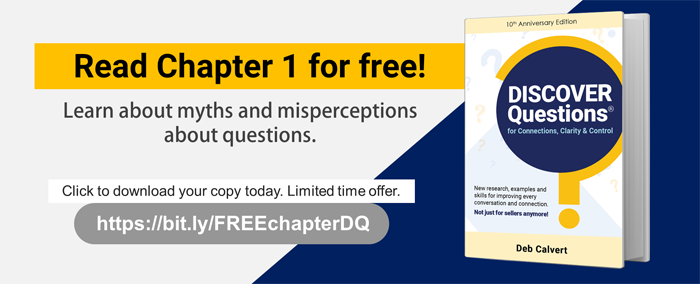Ensuring You Are a Trustworthy Person
Why should others trust you? Check all that apply as reasons why you believe you are a trustworthy person:
___ You conduct yourself in a way that demonstrates honesty and integrity.
___ Your authority and expertise precede you.
___ You’re reliable.
___ You don’t emotionally manipulate people or try to fool them.
___ You hold yourself accountable and live up to your responsibilities.
The operative word here is should. You feel that others should trust you for the reasons you checked above. But do they?
Showing Up as Trustworthy Person Looks Like…
Research explains perceptions about trustworthiness. It puts a slightly different spin on the preceding five statements about being trustworthy. Put yourself in others’ shoes as you consider what others are observing and considering when they determine whether or not they can trust you.
Integrity manifests in four ways: being honest, fulfilling even inconsequential promises, upholding professed values, and making ethical choices (vs. self-serving ones). It is the union between thoughts, attitudes, words, and behavior at all times.
Positional authority implies trustworthiness. When people don’t know an individual well enough to understand their motives or intentions, they initially presume trustworthiness based on situational context. If you’re the team lead, for example, that role implies you can be trusted. People will enter in with this belief but will also be on the lookout for evidence to the contrary.
Being reliable isn’t the same as being trustworthy. Inanimate objects can be relied upon. There is no betrayal when the object fails to deliver. Being trustworthy, by contrast, involves a commitment and bond. Merely being reliable falls short of being trustworthy.
Emotional stability and regulation build trust. Volatility and the use of emotions to coerce or manipulate people reduces trust. Those with high levels of emotional stability show more vulnerability and authenticity, too, creating more likelihood of being trusted.
Taking responsibility is a leading indicator of trustworthiness. People respond to guilt-proneness when assessing whether or not others take responsibility. In a compilation of six studies, researchers determined that guilt-proneness predicts trustworthiness better than a variety of other personality measures. People who are high in proneness to feeling guilty are more likely to behave in sensitive ways because they also feel responsible for others’ outcomes and responses.
If you aren’t clearly and consistently conveying that you’re trustworthy, people may hold a vague sense of mistrust about you. If you’ve violated others’ trust, even inadvertently, they may actively distrust you. Either way, it compromises your ability to enlist others, collaborate, and build meaningful connections.
One possible cause of vague mistrust you should consider is that trust is reciprocal.
When one individual or team signals trust in the other party, that trust is returned to the initiating party.
Trust has to start somewhere. If your actions signify mistrust or distrust of others, they will be significantly more likely to mistrust or distrust you. In other words, to be trusted you need to trust others.
This is a snippet from the new book, DISCOVER Questions® for Connections, Clarity & Control, available on Amazon.

